More than 70 undergraduates presented their original, mentored investigations and creative inquiries during Friday’s event.
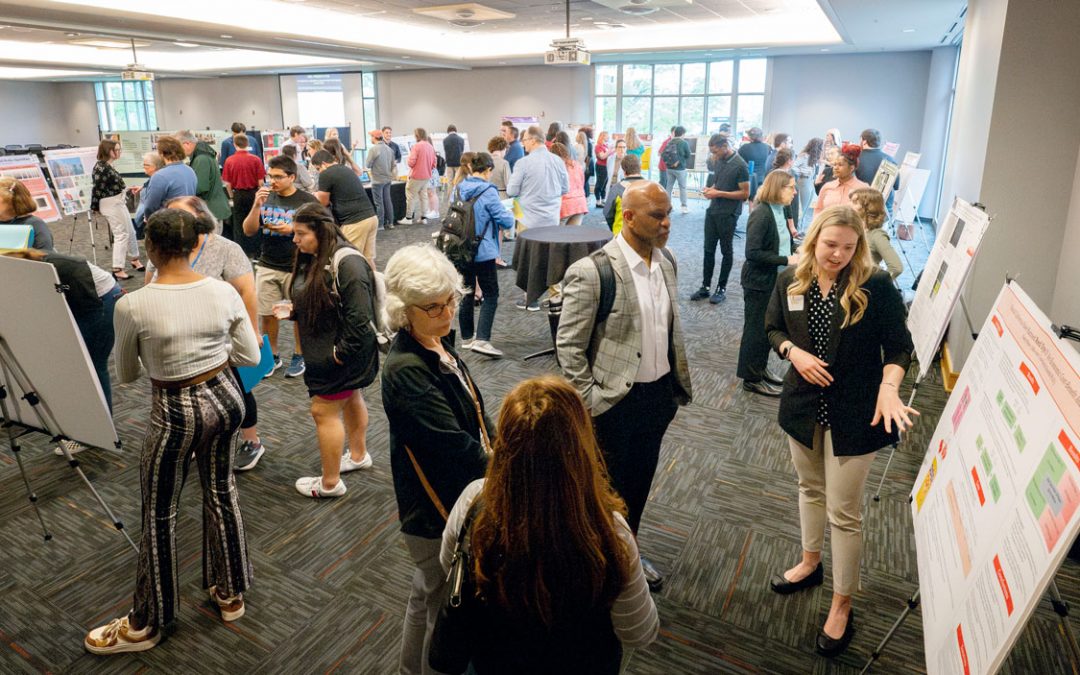
Search Filters

More than 70 undergraduates presented their original, mentored investigations and creative inquiries during Friday’s event.
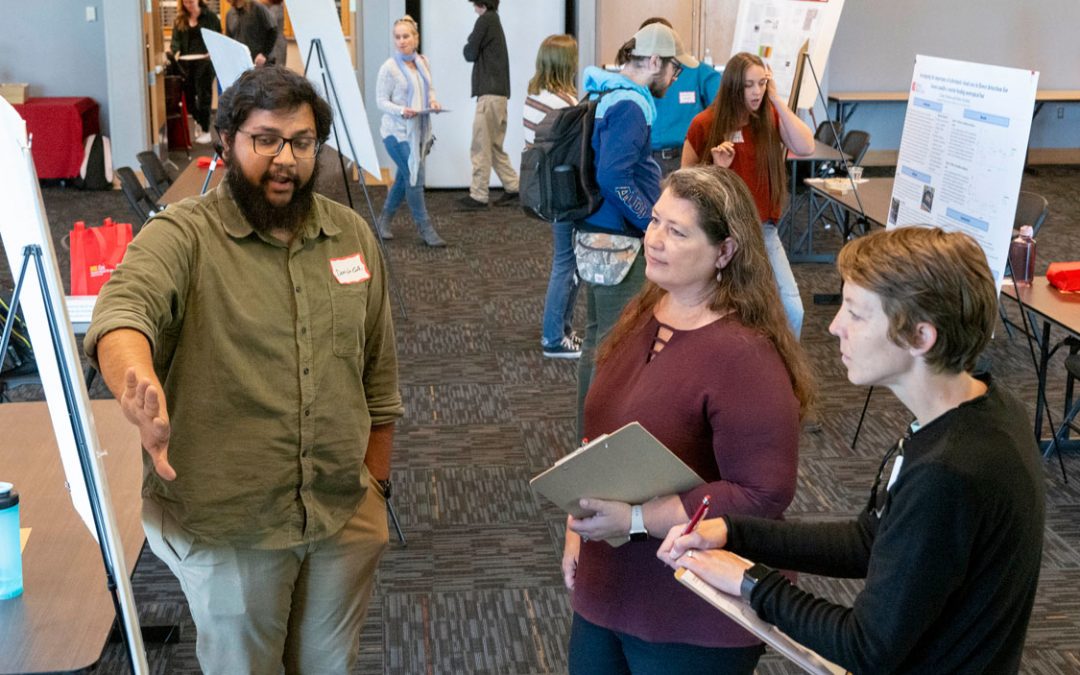
Twenty-two students representing the Departments of Biology, Chemistry and Biochemistry, Computer Sciences, Criminology and Criminal Justice and Psychological Sciences took part in the fair on April 19.
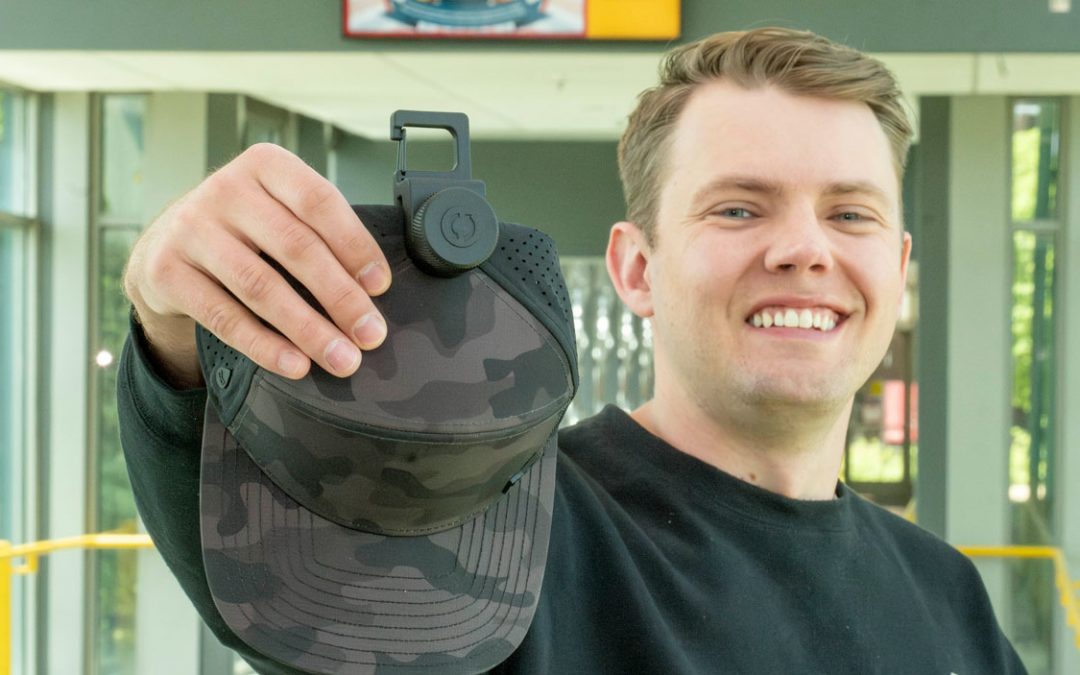
Frey’s hat retention invention, Headlok, solves a big problem for motorcycle riders.
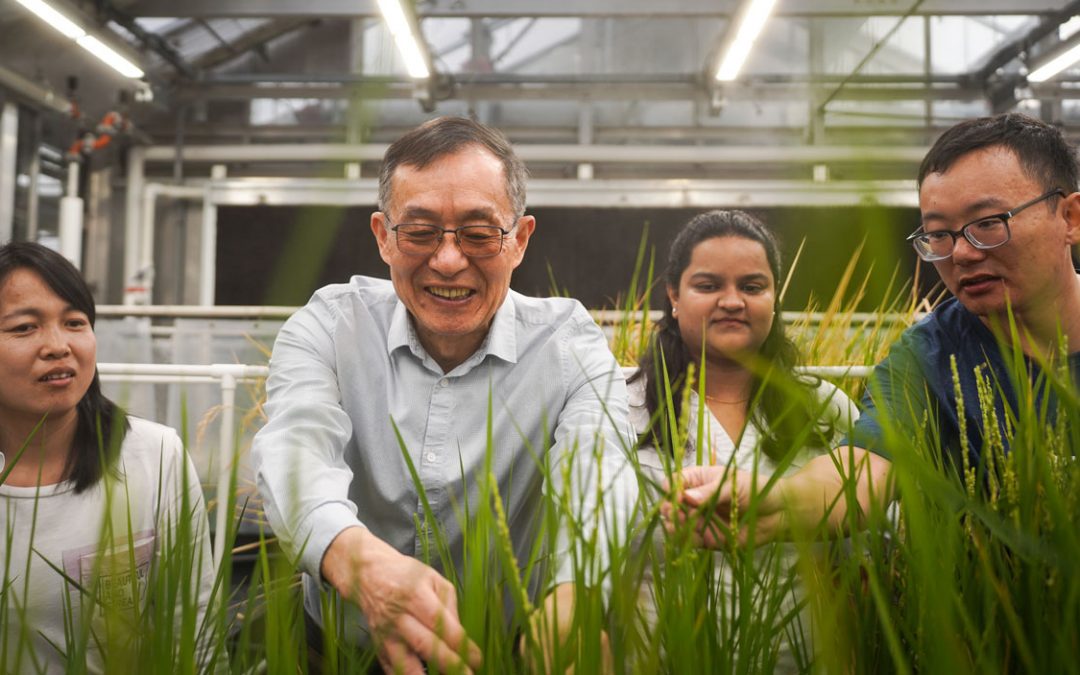
The award recognizes the career achievements of a distinguished plant lipid scientist and was named to honor Terry Galliard, who organized the first International Symposium on Plant Lipids in 1974.
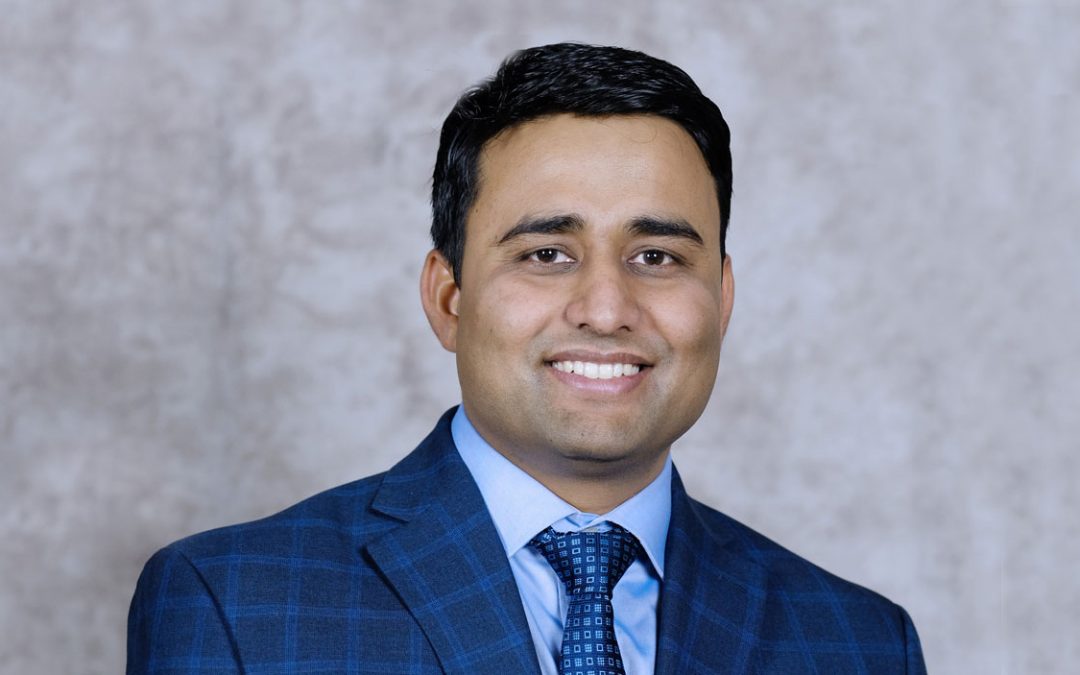
Assistant Professor Vivek Singh has been part of ongoing collaboration with FinLocker Chief Technology Officer Bryan Garcia, a longtime member of UMSL’s IST Advisory Board.
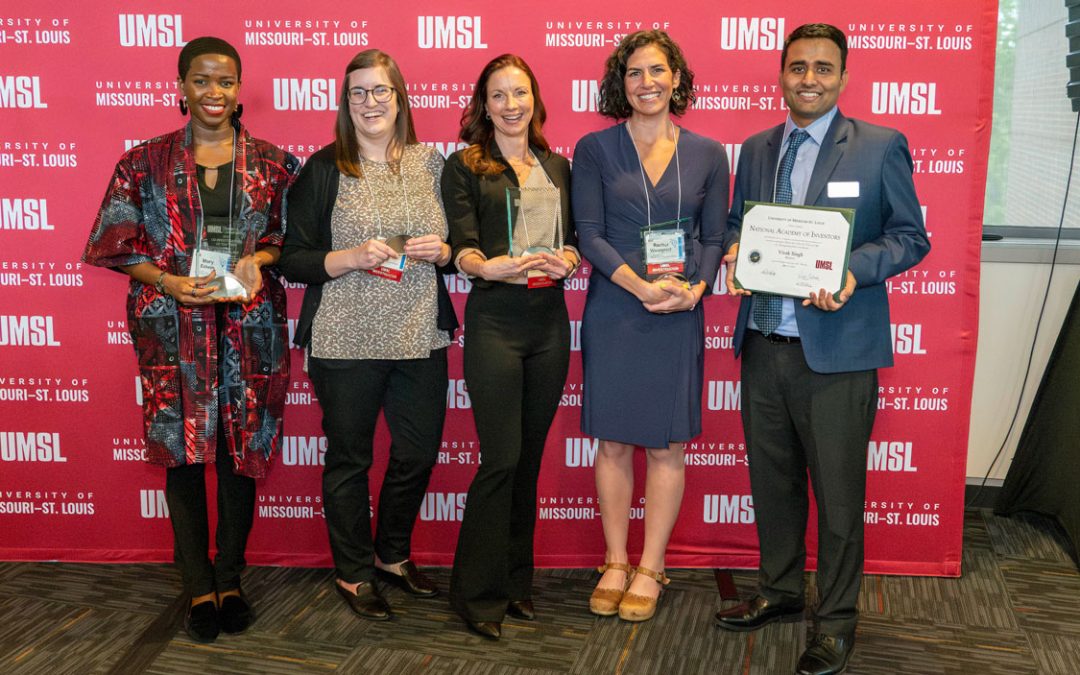
Faculty members Mary Edwin, Emily Brown, Anita Manion, Rachel Winograd, Vivek Singh and Michael Nichols were honored at Friday’s event in the Millennium Student Center.
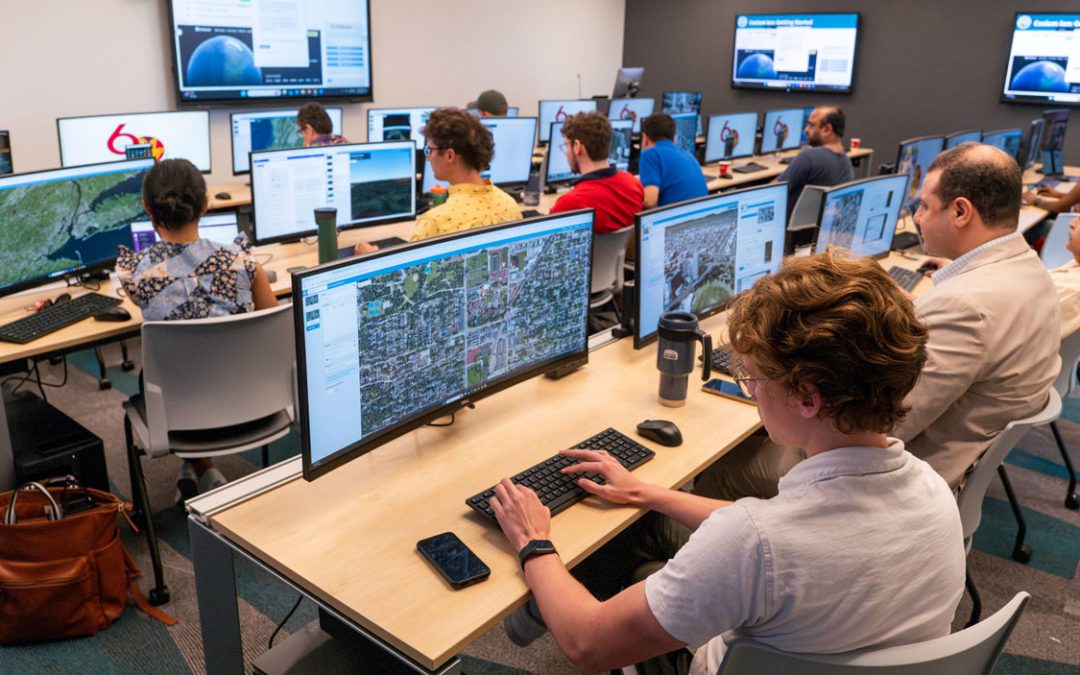
The workshop provided an opportunity to showcase the technology tools available in UMSL’s Geospatial Advanced Technology Lab, which opened this semester.
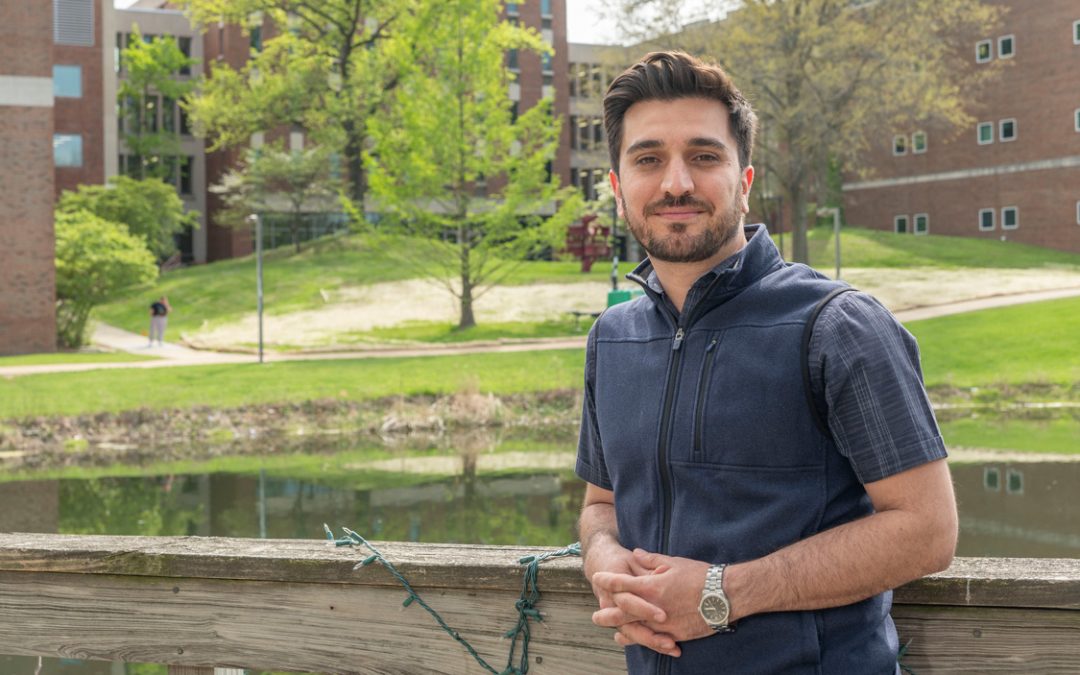
Saki and his research partners have been granted 13 hours of observation time and will study the composition of six Halley-type comets with high-resolution spectroscopy.
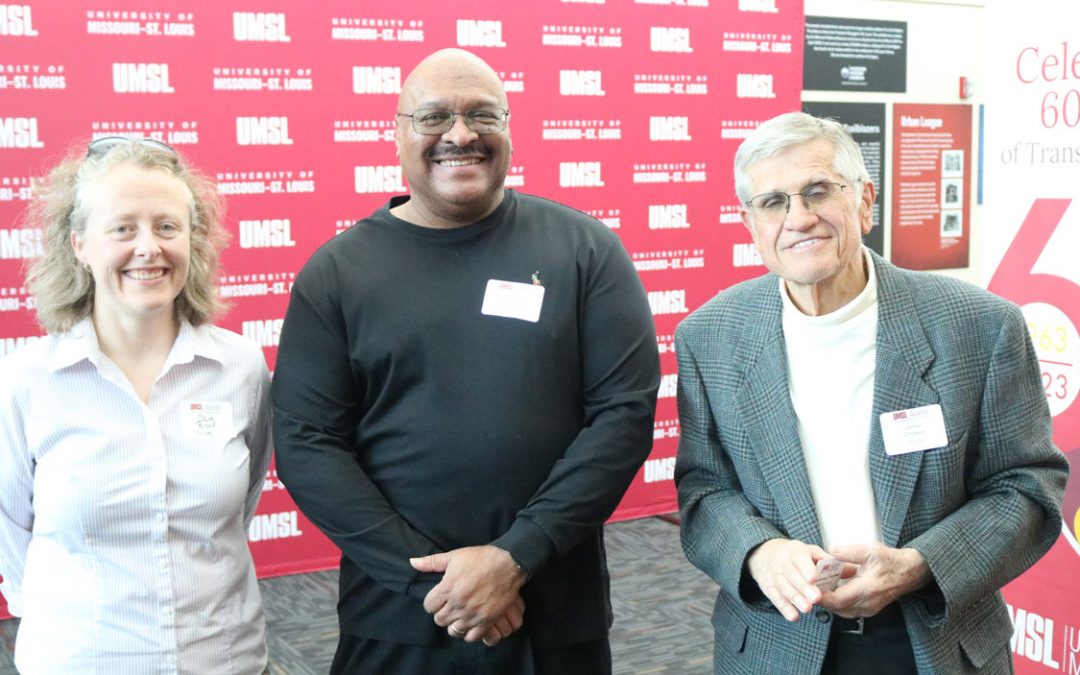
Alumni and influential faculty members shared highlights and personal reflections from each of the past six decades of the department’s history.
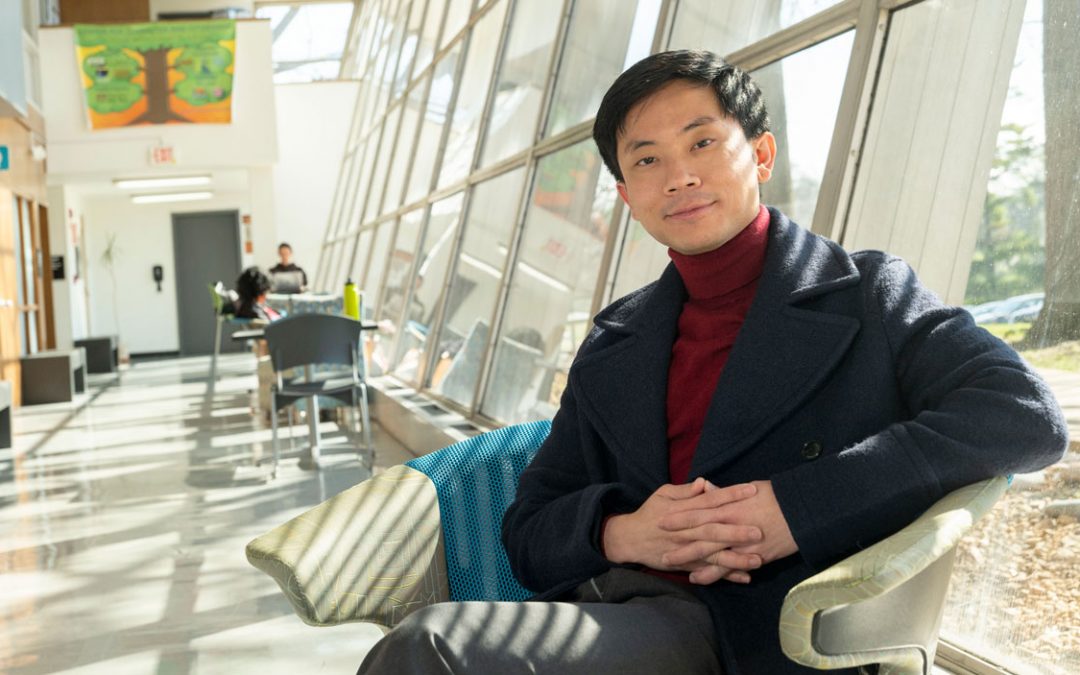
The award encourages and provides support for research in the area of college student affairs and related areas of counseling and education.